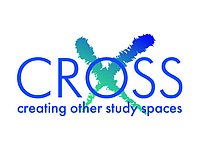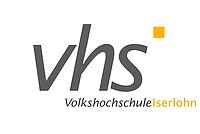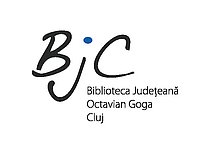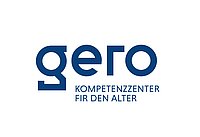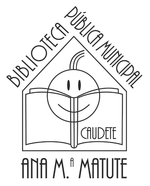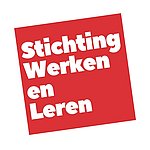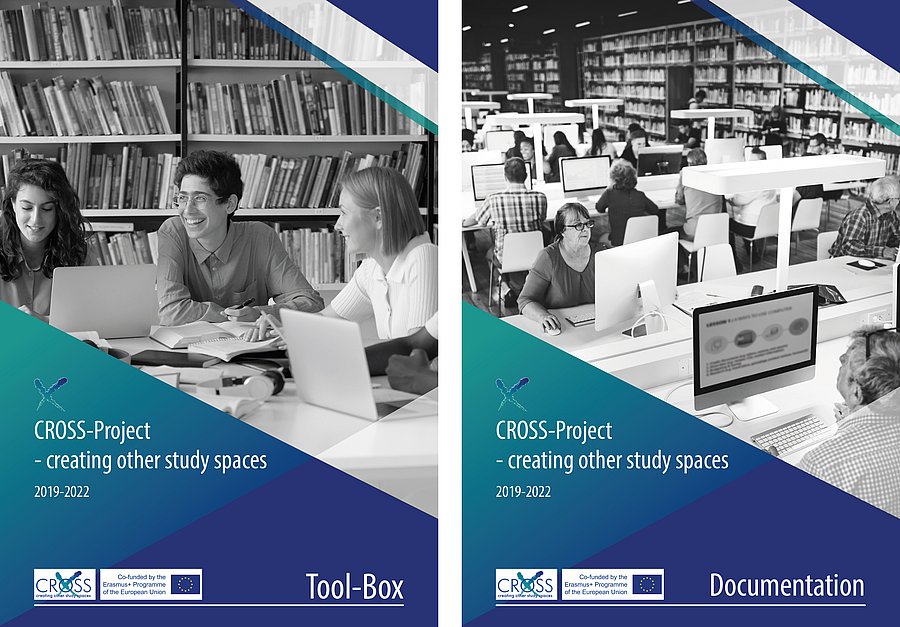“CROSS - Creating other study spaces”
The transnational project CROSS focusing on the changed basic conditions in adult education is carried out within the scope of ERASMUS+ as a Strategic Partnership for exchanging good practice, presents and interchanges examples of “best practice” as implemented by various providers of adult education. New concepts for cooperation between public libraries and facilities offering adult education are also presented, in which case the main focus is on the “Third Place” (Ray Oldenburg) approach. This approach is chosen to reach people which never use public libraries and/or facilities offering adult education to improve their knowledge or skills.
The project, which runs from September 2019 to August 2022 with a total of 7 European adult education institutions and libraries of which Iserlohn, is the coordinating partner. From Iserlohn the city library, the European office and the VHS (leading) are involved. Besides Iserlohn’s partner city Nyíregyháza in Hungary (www.nyiregyhaza.hu), other project partners from Romania (www.bjc.ro), Spain (www.caudete.es), Luxembourg (www.gero.lu/fr/), Slovenia (www.mkk.si) and the Netherlands (www.stichtingwerkenenleren.nl) are involved.
The aim of the project is to investigate the changed framework conditions faced by continuing education institutions and to develop new concepts. It aims at the transnational transfer, development and implementation of innovations in the field of adult education, focusing on the concept of the “third place” as a learning space.
Meetings
Kick-Off Meeting in Iserlohn 4 to 6 September 2019
Partner Meeting - Kranj (Slovenia) 11 to 13 December 2019
Partner Meeting - Cluj (Romania) 1 to 3 September 2021
Partner Meeting - Nyíregyháza (Ungary) 10 to 12 November 2021
Partner Meeting - Caudete (Spain) 27 to 29 April 2022
Partner Meeting - Luxemburg 29 June to 1 July 2022
POJECT RESULTS AND DOCUMENTATION
Iserlohn VHS and City Library, Germany
The VHS Iserlohn (Adult Education Centre) is the CROSS coordinating partner. The VHS was founded in 1919. The adult education centres organise and support the process of lifelong learning with its offers. VHS stand for the right to education, for equal opportunities and a comprehensive understanding of education. It is open to all people regardless of age, gender or origin, social status or educational level, religion or worldview.
The City Library exists since 1910; today with two locations in historical buildings in the city centre and a branch in Iserlohn-Letmathe. Both are open public spaces for everyone, meeting places for all generations and nationalities. Our scope of work:
- Lending to everyone - free of charge for recipients of social benefits
- Physical and online media offerings: books, CDs, films, games, newspapers, magazines, online-educational-courses
- Free access to information, internet, computers
- Events and library introductions for all ages
“With CROSS we expect exchange of ideas and concepts ideas of Third Places, particularly of reaching the target groups, to learn from the other partners how adult education institutions and libraries cooperate to co-create Third Places, which topics are relevant for Third Places. Further we expect experiences and new perspectives. As intersection between culture and education we will bring experience with all groups of population, all ages and a variety of nationalities, organization of media offering and events, offering of online-learning-courses, various cooperation’s.”
Caudete, Spain
Since 2007 active in Erasmus+, Cultural Area of Caudete City Council, including Universidad Popular, Ana María Matute Public Library, and Pintor Rafael Requena Museum of Watercolour Painting aims to provide citizens with activities around art, long-life learning, socialization, and enhancement of cultural heritage, offering non formal adult education courses on a wide range of fields, a successful Reading Clubs project, and an International Biennial of Watercolour Painting gathering artists from all around the world.
“We expect to learn with peer organizations about non formal education in cultural institutions such as museums, public libraries and public or private adult education centres, sharing best practices, ideas, activities, methodologies, and trying to develop new concepts and strategies to reach public. We will work around the concept of Third Places as informal education offer aiming to enhance citizens’ participation, in the framework of nowadays changing, global, digitalized and individualistic world.”
Cluj, Romania
“Octavian Goga” Cluj County Library is one of the biggest public libraries in Romania that has a new building perfectly adapted to the needs of its users. With the beginnings in 1921, the library plays a distinct role in the cultural life of Cluj city, due to its dynamic and proactive attitude and to its openness to new challenges. The library has a main building and four branches, offering modern services and facilities, updated to the present needs for information, reading and leisure activities.
“We expect to exchange good practices. We intend to diversify and promote the library activities and to develop the already existing services and facilities. In order to support users in every aspect of their lives, to contribute to their social inclusion, the library desires to be a space where people can meet, socialize, spend quality time, develop, learn new things or improve their knowledge, abilities and skills. We expect the project to contribute to the professional development of the librarians, in means of working with adults with different social and economic backgrounds, as the public library is a place for all.”
Kranj, Slovenia
In 2011 the library moved to the new premises of 5.400 m2, a previous shopping mall and the building became a cultural centre of Kranj. People use it as the meeting place, learning space, space for entertainment and culture. It is visited by 1.600 people every day. Beside the rich collection of library material, the library offers number of services for target groups of users, such as children, youth, elderly, and immigrants. Recently it has focused on digital and information literacy and reading promotion with 22 reading clubs. Free digital courses are attended by more than 6.000 people annually. We offer also individual help in using tablets, laptops or smart phones.
“We expect to share, and exchange knowledge and skills needed to work with library customers. As the library is the place of informal learning we need to support learners in different situations. Librarians are basically not trained to do this work, so they need to gain new skills, learn to be flexible and adapt to situations.”
Nyíregyháza, Hungary
Nyíregyháza is the 7th biggest city in Hungary, with nearly 120.000 inhabitants. The Municipality of Nyíregyháza City with County Rank is one of the associated partners in the Erasmus+ project: CROSS – Creating other study spaces. The main responsibilities of the Municipality are to exercise public authority powers and to provide public services to its citizens such as ensuring public education, health and social services, cultural initiatives, etc. The Municipality - within the scope of the legal framework and its competences - acts independently in local public affairs.
“Demographic trends affect Nyíregyháza and other European cities in various ways. Changes are influenced by lots of factors and there are several solutions for tackling them. Among others, we face ageing, loneliness, digitalization and individualization as side effects of the demographic trends. Considering the project’s content and objectives, Nyíregyháza is especially interested in gaining different methods of involving people (all age groups) into education and modern educational utilization of its public place (Third Places).”
Gero, Luxembourg
Considered being a think-tank for innovative solutions related to ageing in a multicultural society, Gero is addressing a heterogeneous spectrum of age(ing)-related topics on all socioeconomic levels encompassing: Policy consultancy, applied research, advanced training offers for care professionals (anchored in the realm of care practice in Luxembourg), lifelong learning offers for seniors, coordination/guidance of clubs for seniors across the country, intercultural integration/dealing with diversity issues in migrant seniors.
Gero disposes of preliminary experiences - on a practical and conceptual level - that show parallels to CROSS and could contribute to the exchange of good practices. Besides this, Gero maintains solid collaborations on a national level with learning facilities such as the University of Luxembourg and its associated brand new Learning Centre – offering open and innovative spaces intended to support and inspire users to reach their goals, as well as with community-based learning facilities (seniors’ clubs).
“Gero is thus very keen on encouraging the development of learning facilities, which are easily accessible and attractive for the elderly from all kind of social and cultural backgrounds.”
SWL, The Netherlands
The Stichting “Werken en Leren” (SWL, Foundation Working and Learning) main goal is to develop activities, projects, learning space and innovation in the field of adult education. Our target groups are (young) adults, elderly and unemployed, all engaged in lifelong learning. The CROSS project goals and the goals of the Foundation are overlapping, especially in creating concepts for learning in Third Places.
SWL works closely together with the local library as a partner in the CROSS project. The library is an important partner, in creating Third Place learning, especially because they are wondering what kind of educational activity can be executed in the local society.
“We, SWL and the local library, acknowledge that times are changing and people need learn life long and in different ways to stay relevant for the changing labour market. Important questions are how to reach the different target groups and how to offer them a suitable program. And what is important: is a learning space in a building central for lifelong learning or can activities become more individual and flexible? CROSS and its partners are committed to make a big progress in the above mentioned Third Place learning. SWL will learn from the partners, get inspiration, and implement the output of the project.”
